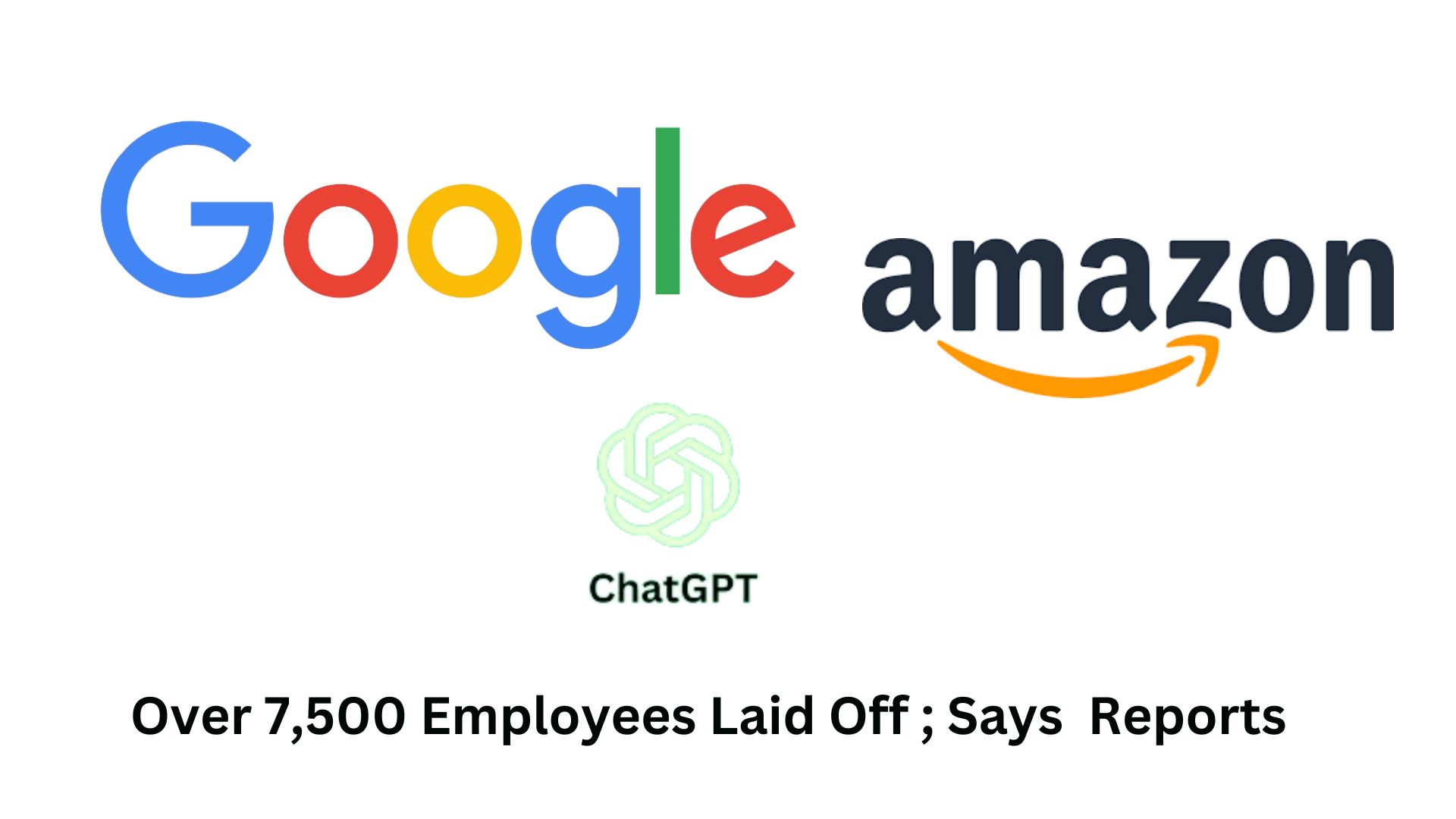Recent layoffs at Google and Amazon have marked the beginning of a trend that signals ongoing job cuts in 2024, as major tech companies prioritize investments in generative artificial intelligence (AI). While the “Year of Efficiency” in Big Tech may be over, analysts anticipate that the layoffs this year will be more focused and smaller in scale, with companies racing to advance in the AI race while offsetting substantial spending on this transformative technology.
Alphabet, Google’s parent company, set the tone last week by announcing plans to invest in its “biggest priorities” and laying off around a thousand employees across various divisions. The cuts extended to its voice assistant unit, as well as the teams responsible for Pixel and Fitbit. Even the advertising business faced reductions, with reports indicating hundreds of job cuts in that unit.
Amazon, following a similar trajectory, laid off several hundred employees in its streaming and studio operations. The cuts also affected its Twitch live-streaming platform and Audible audiobook unit. Overall, tech companies have collectively laid off more than 7,500 employees in January, according to tracking website Layoffs.fyi.
The impetus behind these layoffs is evident in the intensified focus on advancing AI capabilities. D.A. Davidson & Co analyst Gil Luria emphasized that companies are ensuring they don’t lag in the AI revolution and are willing to prioritize these capabilities, even if it comes at the expense of other initiatives.
Both Google and Amazon have been aggressively investing in AI efforts. Google, seeking to close the gap with Microsoft in the AI race, recently unveiled its Gemini model. Meanwhile, Amazon is developing a model codenamed “Olympus” to compete with OpenAI’s GPT-4 model, the maker of ChatGPT.
Although the layoffs are anticipated to be smaller compared to the massive cuts seen last year, as tech spending picks up in a more stable economy, the tech sector continues to face transformation and evolving hiring priorities. The tech industry witnessed the shedding of 168,032 jobs in 2023, making it the sector with the highest number of layoffs across industries.
While the “Year of Efficiency” in 2023 saw significant cuts, the current push towards AI indicates a change in hiring priorities rather than a similar large-scale reckoning. Tech firms are adapting to the dynamic landscape driven by AI, with a focus on recruiting for roles that cater to the demands of this evolving technology.
Investments in AI have led to increased salaries for roles in this domain. For instance, Match’s Hinge dating app sought a vice president of AI with a base salary of up to $398,000 a year, and Amazon offered a top salary of $340,300 for a senior manager of applied science and generative AI.
The deepening investment in AI is raising expectations among investors for returns, but analysts and experts caution that the payoff for most companies may take time. While Microsoft and Nvidia have emerged as early winners in the AI boom, the industry’s history suggests that substantial profitability from new technologies can take a decade or more.
Daniel Keum, an assistant professor of management at the Columbia Business School, expressed skepticism about the rapid returns from AI but acknowledged differing opinions on the timeline for success in this transformative era.
